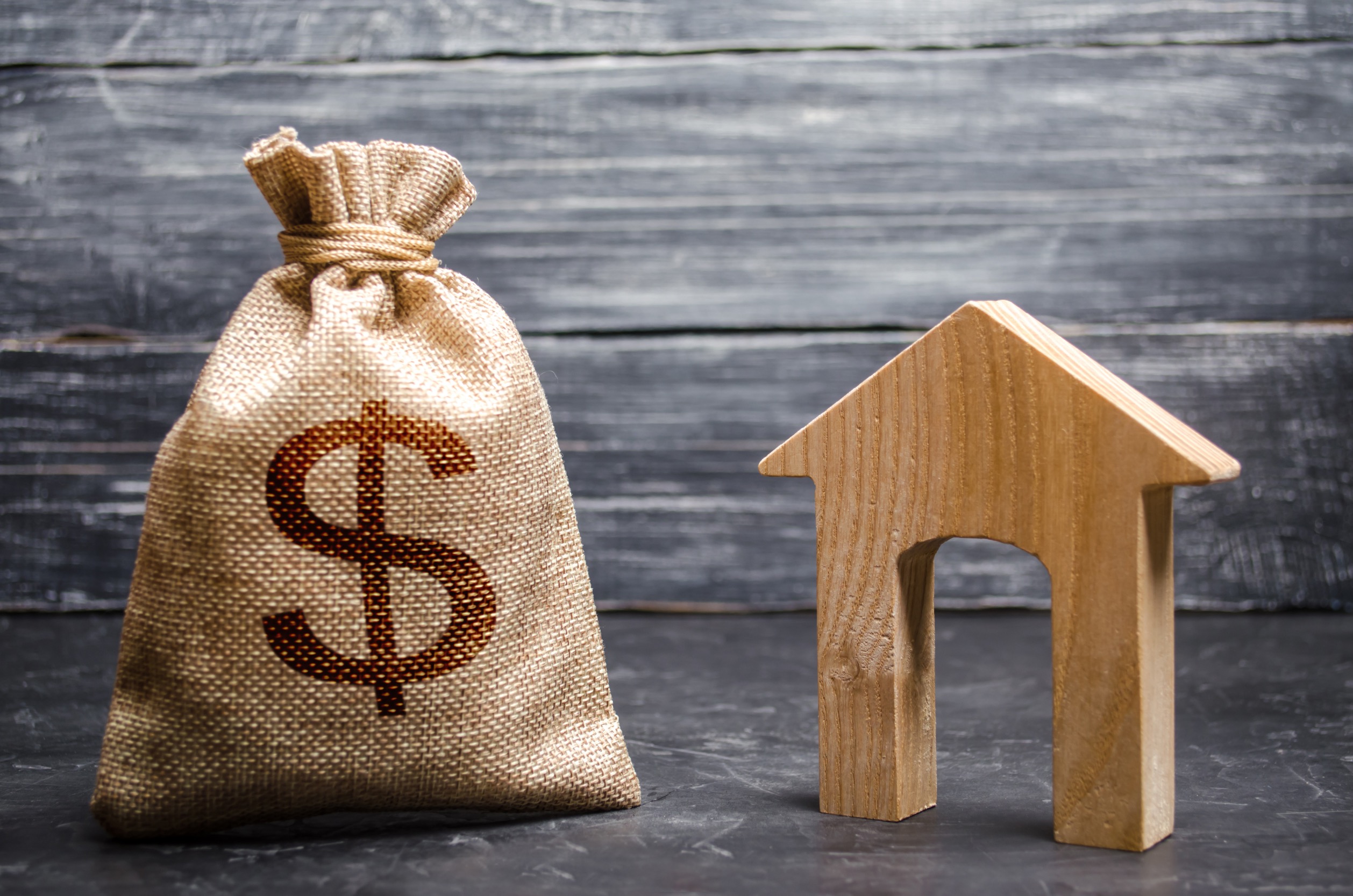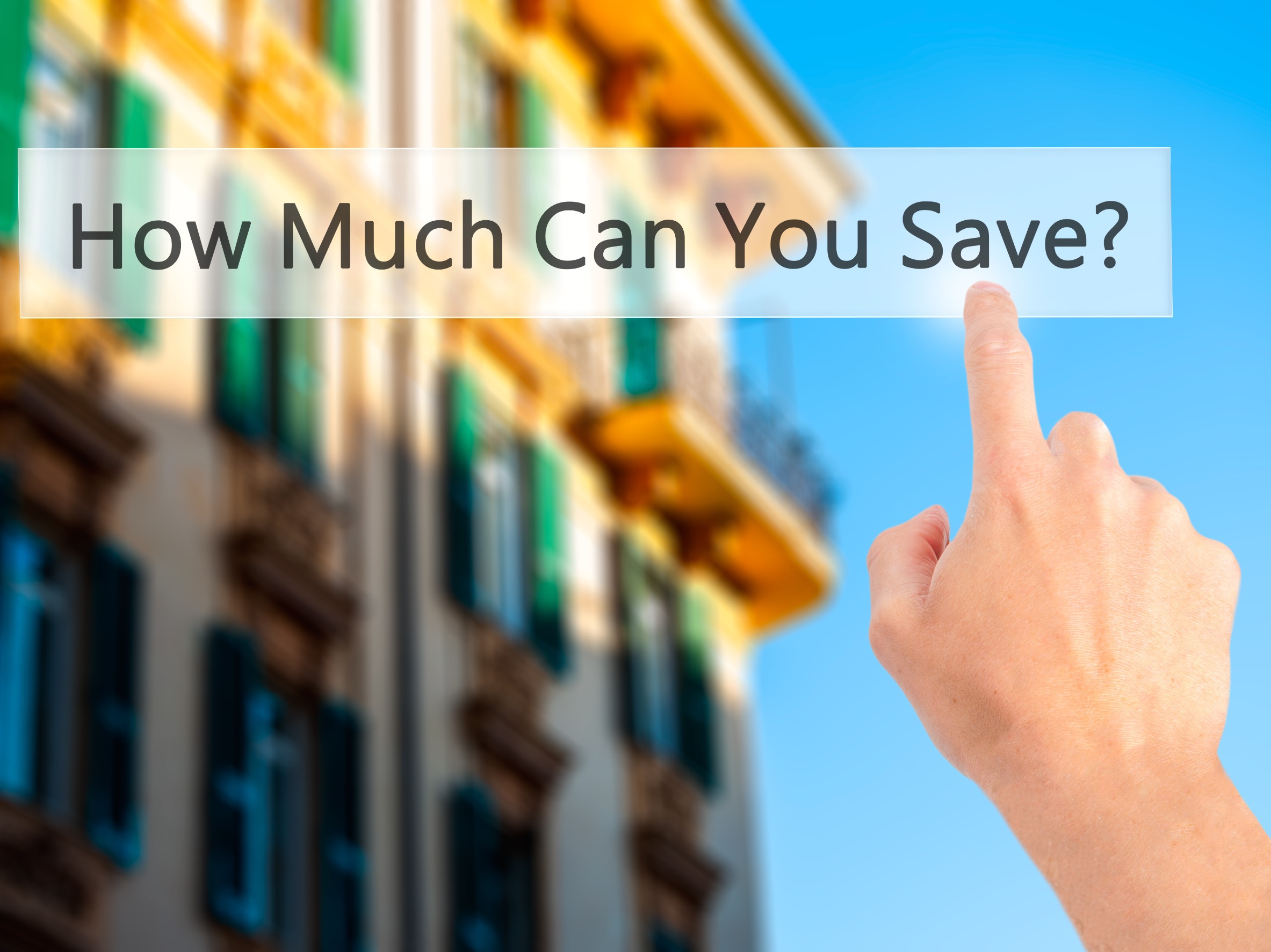- Home
- Cost of Buying a Home
- Can I Afford A House
Can I Afford A House
Asking the question: “Can I afford a house?” Is a great question and one of the important ones without question!
A question that seems to get tougher to answer with every year that passes. Increasing inflation and incomes generally not keeping pace, it makes it that much more important to do your best to throughly analyze before taking that leap!
We can get you set in the right direction to answer that very question!

If you are feeling that it is time to find a place to call home, and you have some roots put down in a community of sorts, it may just be the right time to consider “owning the door”!
Then let’s work together on finding the information you will need to guide you in determining if you have the financial readiness to purchase a home!
Your home is an Asset…Right?
The first thing potential home owners need to understand is that a house is an expense before it is an asset. Why? Simply because if you can’t pay the taxes or the mortgage governments and lenders have the legal ability to confiscate your house. In addition, there are many expenses you will need to pay to keep the property in good order such as maintenance and utilities.
The house only becomes an asset when you sell, and only if it is worth more when you sell than when you bought it. Let’s leave the question of inflation out of the conversation for now.
As you can see the point I am trying focus on is despite all the emotional positives of owning a place to call home, the reality is the dream is expensive, or at least is an expense. If you can’t pay for it, you can’t keep it!
I want you to “Own The Door”, not Almost Own The Door. Understanding your financial reality is key to this important journey!
What To Consider
The first part of answering “Can I afford a house?” involves looking at your own financial situation in some detail. How much income does your household bring in? How much are your expenses? Which will tell you how much you keep.

1. Income Assessment:
How much do you make? Let’s just look at what is known as your “gross” income. This would be your total monthly income from all sources.
If you have a partner, then you should do this for both of you if that is the plan.
Some may have a variable income and the best way to do it is take a reasonable average. Add up your income over the year, then divide the total number by 12 to get an average monthly income.
You will also want to take a look at your savings, or those more liquid investments which will likely serve to make your down-payment, or deposit. Remember to attribute everything so you have no savings to deal with other unexpected aspects of life. You should keep a month or two of expenses for the “rainy days”.
- What is my monthly income?
- How much can I save for a down-payment?
2. Financial Obligations:
What debt do you have? How much are the total monthly payments? Credit card debt, school loans, car loans, and retail loans (“no money down” furniture or electronics for example). This might be painful but necessary.
Careful to note - which loans are interest only? Which loans have a flexible payment option and which loans have the highest interest rates.
- What do you pay monthly to service the debt?
- Are there any loans you can pay off easily?

3. Creditworthiness - Will The Bank Say Yes?:
The banking system likes to use “credit scores” as a way to measure potential risk of repayment. It is sometimes referred to as “creditworthiness”. A credit rating will generally tend to range between 400 on the low end and 850-900 on the high end.
If you have a lower credit rating (below 650) it may be more difficult or perhaps more expensive to get a mortgage. If you have a higher rating it will be seen as less of a risk and can perhaps get better rates. Unofficially, I have been told by many banking professionals that this does not play as prominent a role in the approvals as it once did, and if you do have a lower rating that will not likely preclude you from getting a loan, though the interest rate will likely still be higher.
Strangely enough if you have not had a loan or used credit cards then your credit rating might not exist or be low. It is entirely based on reporting from credit companies and banks.
Regardless, there are things that you can do to improve your credit rating.
Assessing Affordability - Can I Afford a House?
Before we answer the big question of “Can I afford a house”, let’s recap the steps we have taken above:
- We have figure out our monthly income and our monthly expenses. Highlight what you pay for rent so you can easily separate that from your expenses just further on.
- You have looked at how much you are paying to service the debts you have at the moment.
- And we have taken a quick a Credit Ratings.
1. Calculate Affordability:
For a quick calculation, let’s start with the simple version:
Take your gross monthly income (take the full value and do not subtract taxes or expenses).
- First, multiply your gross monthly income by 0.28
- Then multiply your gross monthly income by 0.36
These numbers can then be used below to compare your individual situation with the rule of thumb tend to be used by most banks or lending institutions. Keep reading!
2. 28/36 Rule:
Many financial institutions, in addition to a healthy credit rating (700+), like to see an ability to service (I.e. pay for, or an ability to make a payment) any mortgage which would not exceed a certain percentage of your total income.
The 28/36 rule is a common guideline used by many lenders to assess an ability to afford a mortgage. Here is how it is typically used:
- The “28” refers to the maximum percentage of the gross monthly income that should be spent on housing costs. This includes mortgage payments, property taxes, and homeowners insurance. This should not exceed 28% of your gross monthly income.
- The “36” refers to the maximum percentage of gross monthly income that should be allocated towards total debt payments. This includes housing expenses (see Rule of 28 above) as well as credit card payments, car loans, and student loans.
3. Compare Your Numbers With Your Expenses:
Now you can take these numbers and compare it with your own personal expenses.
This is the best way as you will be forced to have a detailed look at your own monthly expenses. If you don't have an idea what mortgage and property taxes are in your area, you can simply compare it to what you pay for rent, content insurance and utilities as a starting point.
Have a careful look at your debt for any credit cards and loans, as you may have to come with a plan to reduce these before you can start considering buying a home.
Home Affordability Calculator
In the event you just want to have a quick look at affordability before you spend the time diving in to any more details. We have found a Home Affordability Calculator you can use a starting point:
** Of course "Owning The Door" is not as simple as getting a down payment and a mortgage, there are many more costs that you should consider and build in to your budget estimates.
Visit our Cost Of Owning A Home page to find out more!
So Can I Afford A House?
Well...hopefully yes! However, the reality for the average Canadian and American this is becoming increasingly difficult. Knowing the reality of your situation is a good first step.
There many more to take in this journey, and the more research you do, the better prepared you will be for the journey itself.
Persistence is an asset in this journey!
Home > Cost of Buying a Home > Can I Afford A House (This page)